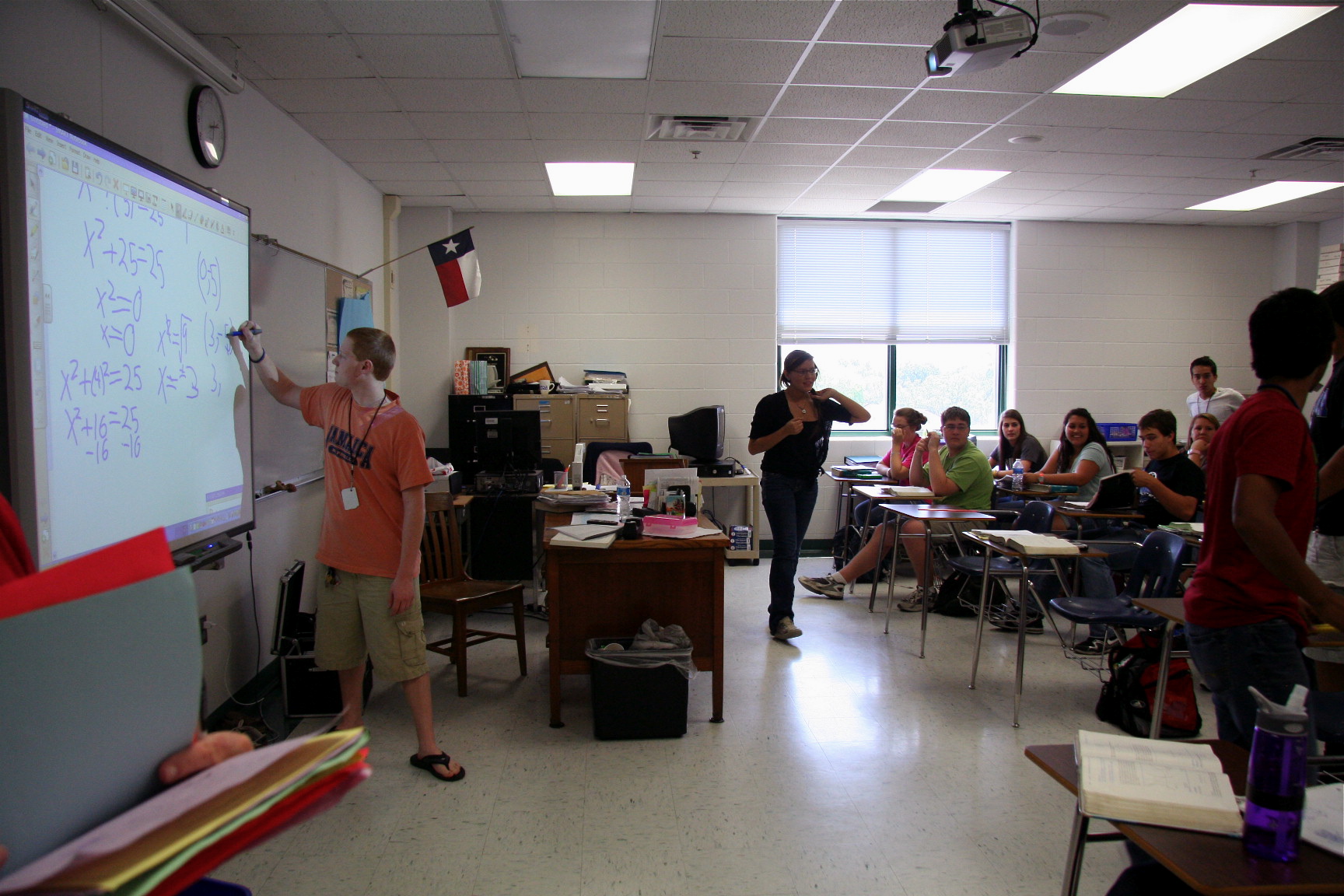
What is the importance of a happy and positive learning environment? Is it the increased probabilities of information recall? Is it the increased activity and participation that occurs when students enjoy their classes, or is it simply a sigh of relief in the monotonous strain of accumulated knowledge that composes the high school experience?
It’s all of those things.
A positive learning environment not only helps students absorb information, but it also creates the mentality that they can, in fact, learn even the most difficult material.
From a first-person experience, a parasitic learning environment is immensely devastating academically and emotionally. Walking into a classroom with predispositions of lowered comprehension capacities and heightened frustrations only breeds a mindset more deeply angry and unsatisfied than ever before.
Consider this train of thought:
“I don’t understand advanced mathematics, clearly I have always understood mathematics, and therefore, my abilities in mathematics must not be the problem… Bingo! It’s my teacher. Since the source of the problem is my teacher, I must have to learn this from somewhere else!”
A student who thinks in this way is more likely to then attend this class and not pay attention, or worse— cause disruptions.
Despite the probabilities of ineffective teachers, even the “best and brightest” have difficulties handling the enraged and disinterested mob sitting irritably, inches away.
Soon enough, the teacher is turned around and two seconds later, students are talking behind their back; delving deeply into their allegedly incapable brains for witty remarks and hidden, disrespectful gestures; their anti-learning movement accumulating support with every misunderstood concept.
While others breeze through the material by their own devices, or help from parents or tutors, these students functionally have created chaos in the classroom, seemingly ready to break out into a flash-mob with every empty death threat made.
Where did civilization and respect go?
Did it end when these talented and impressionable students stopped easily succeeding in their courses?
It shouldn’t have. Really.
Not only are these students slowly diminishing their disposition to learn, they’re also tearing down others like parasites, eventually creating associations with learning a particular subject and walking into a particular room with displeasure and disharmony, when, in reality, these individuals have themselves to blame.
A positive learning environment doesn’t mean absolutely loving a teacher, or completely understanding a subject. Rather, it entails that students have the disposition to learn and respect the person teaching the material as another human being, not just as someone who is paid to deliver the same lesson nearly six times a day.
A positive learning environment means that even though some may not understand the concepts, all are respectful and constructive and willing to ask questions on different methods to learn the same materials.
As has been said many times (and will be said many times after), teachers are not “there” to hurt you, or frustrate you, and a pretty substantial chunk of them actually do care about the success of their students; all it takes is communication and a respectful effort to make positive changes in the life of a classroom parasite.
Although this disease “spreads like wildfire”, “catches like the plague”, and “drops averages faster than a zero-test grade”, it’s not, by any means, incurable. Simply, students have to take time to themselves and realize that their failings are, more likely than not, their own, and admit that they, themselves, have all the necessary tools for creating a positive learning environment.








i recently have been involved in some “classroom parasite” activity and id have to say that this article really opened up my eyes to the fact that it really is my fault why im failing not the teachers, its interesting how you captured my exact thoughts on how i came up with the conclusion that its not my fault but the teachers! -ashlyh
When I looked at the photograph, I had to zoom in and realized that this my math class. I’m right there and had experienced a combination of both enviornments in this particular classroom. It’s not healthy to think negative about others, especially teachers because your stuck with them until the year is over. I have been through dozens of teachers and I agree that the best option is to have a positive mindset on learning in order to have successful grades.